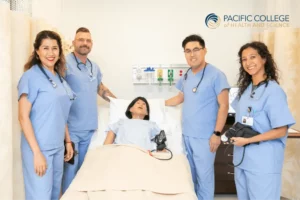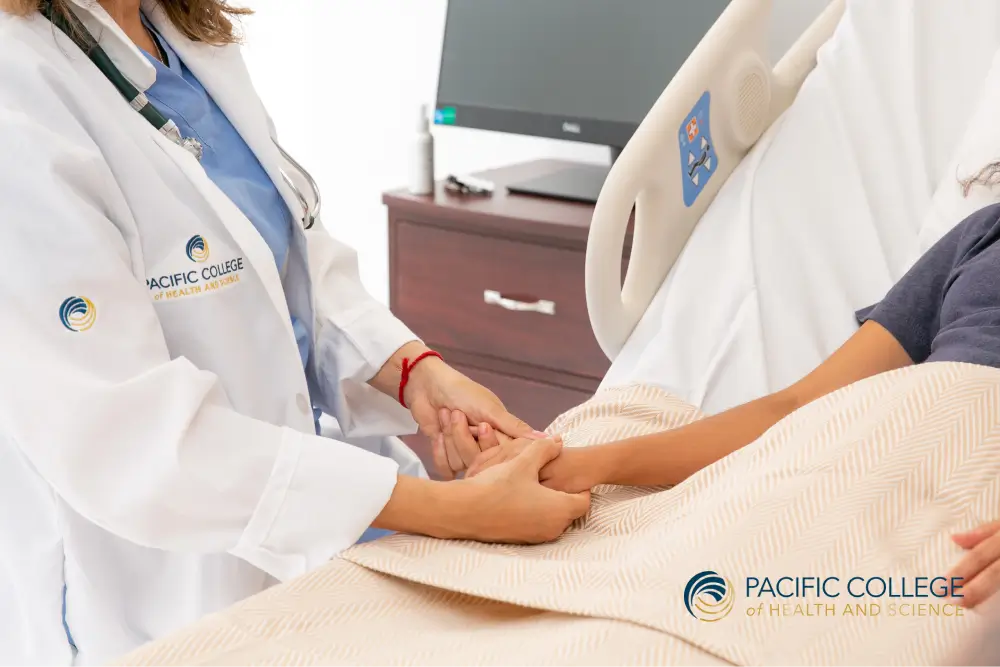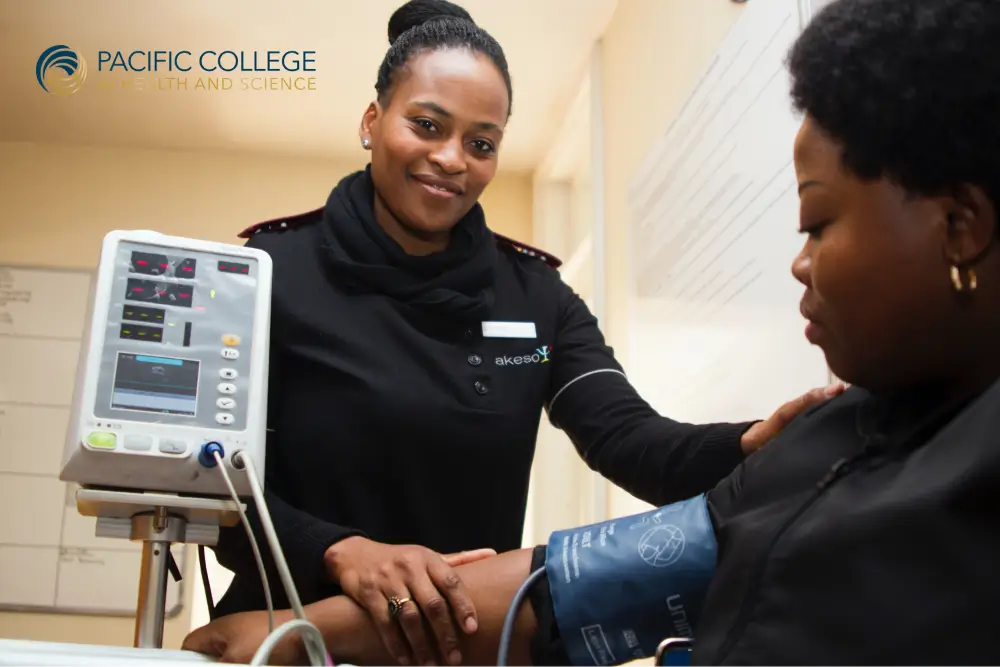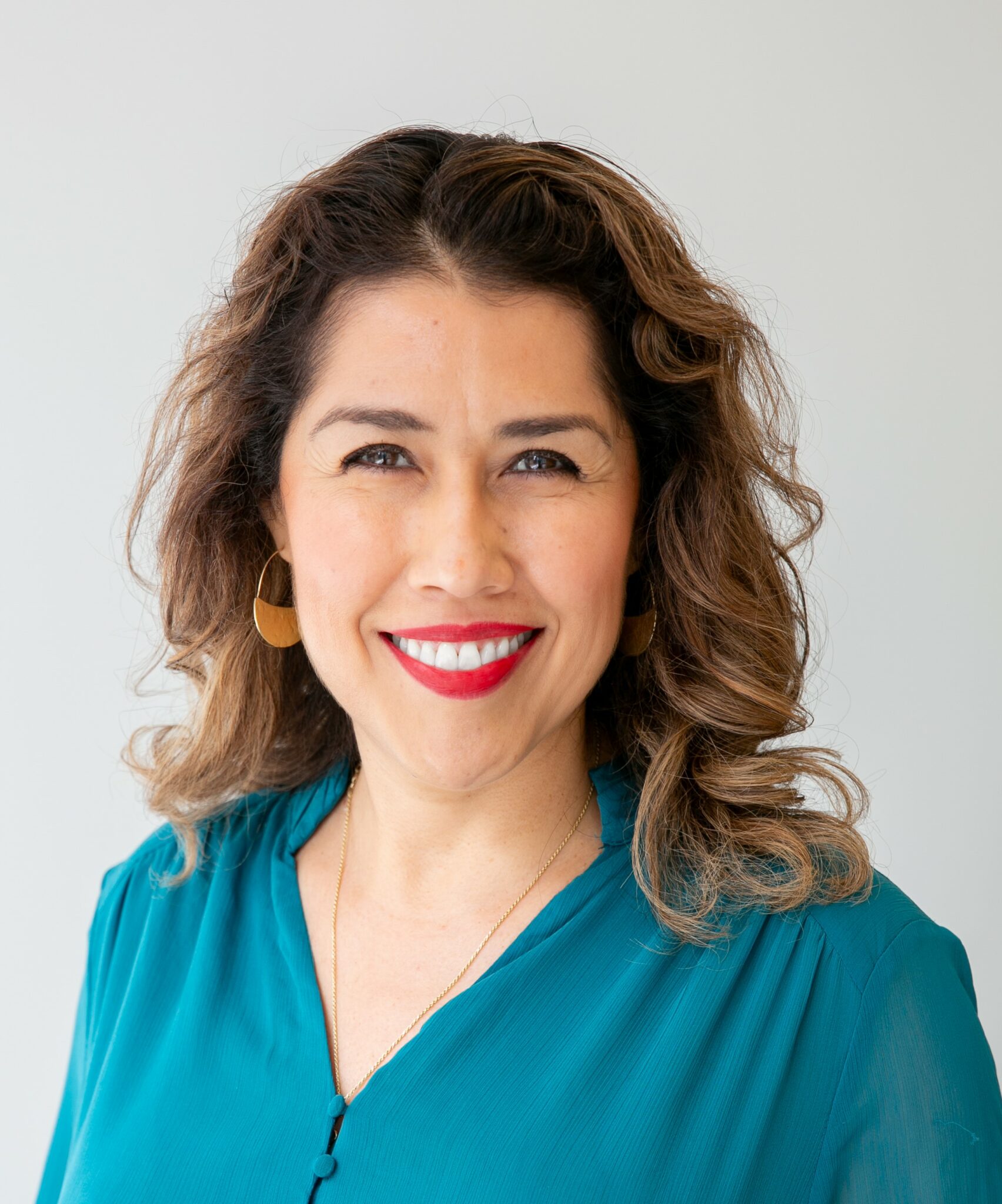Whether you’re just starting to explore your passion for health care or are already a registered nurse (RN) and want more career opportunities, a Bachelor of Science in Nursing (BSN) degree is your road to the future. The only problem is that this “road” is actually a lot of much smaller paths, all branching off in different directions — so how do you know what to do and where to start?
You’re in the right place. Here’s your step-by-step guide to navigating your options, planning your education and becoming a critical member of the health care community.
What is a BSN Degree?
A BS in Nursing is an undergraduate-level degree. You can become a registered nurse without one, as long as you have the appropriate nursing diploma or associate’s degree and have passed the NCLEX-RN® licensure exam — but stopping there may not be your best option. After all, completing a BS in Nursing can set you up for numerous benefits, from increased career opportunities to better salaries.
Fortunately, many nursing colleges offer degree paths that can help you earn your BS in Nursing no matter where you are in your educational career. Here are the two main options:
- Traditional pre-licensure BS in Nursing programs: As the name suggests, a pre-licensure BS in Nursing program takes place before you’ve earned your license and become an RN. This is the path you’ll take if you haven’t earned an associate’s degree or nursing diploma.
- RN-to-BSN programs: If you’re already an RN, you’ll want to look into these programs that help students capitalize on previous education.
If you’re currently an RN or have other commitments, don’t worry — many post- and pre-licensure BS in Nursing programs include online coursework for more flexibility.
Steps to Getting Your BS in Nursing
Ready to plan your journey toward a BS in Nursing degree? Here’s your step-by-step guide:
#1: Earn a High School Diploma or GED
If you don’t have these credentials yet, make sure to complete them before applying for any nursing program.
#2: Research Accredited Institutions
Accreditation ensures that nursing colleges offer programs that meet all the rigorous requirements of the health care industry. Although most of the schools you research will likely be accredited, it’s important to double-check before applying.
You should also look into each school’s reputation, expertise, pricing structure, financial aid options, class choices and more. Remember to look for on-site lab and clinical experiences to ensure you get the practice you need. If you’re researching RN-to-BSN programs, also be sure to consider scheduling and flexibility.
#3: Apply for Your Program
When you’ve narrowed down your list of nursing colleges, apply to your top-choice schools. If you haven’t already, this is a good time to make a plan for financial aid. Keep track of where and when you apply — and in the meantime, don’t stop researching other options. This is a great chance to learn more about career opportunities, credit requirements, clinical experiences and more.
When Should I Apply?
If you’re interested in a pre-licensure BS in Nursing program, keep in mind that many students apply just before graduating high school. This prepares them to jump right into their BS in Nursing the next semester. Application timing for current RNs may be more flexible — check your school’s semester schedule.
Learn more and apply online.
#4: Earn Your Degree
A traditional BS in Nursing takes between three and four years to complete. RN-to-BSN programs and other options may be accelerated, but be sure to check your school’s credit hour requirements.
When you’ve completed your degree, your institution should help you identify the next steps. For pre-licensure students, it’s time to take your NCLEX-RN® exam; current RNs may have different goals, like researching advanced employment opportunities.
The Pacific College Pre-Licensure BS in Nursing Program
At Pacific Collеgе of Health and Sciеncе, we understand the importance of holistic nursing еducation. Our prе-licеnsurе BS in Nursing is here to guide you every step of the way, turning students into confident, creative, hard-working nurses. Plus, our patient-centered approach prepares you for the increasing demands of this dynamic industry.
Program Details
- Crеdit Rеquirеmеnts: Our prе-licеnsurе BS in Nursing program requires students to complete 124 credits, ensuring a wеll-roundеd еducation that covеrs all aspects of nursing practice.
- Program Duration: You can complete your BS in Nursing at Pacific College in less than three years — without transfer credits, that’s eight semesters. With all of your general education credits completed and transferable, you can have your degree in as few as five semesters.
- Curriculum: Our curriculum is designed to provide a strong foundation in nursing fundamеntals, sеlf-carе, health promotion and disеasе prеvеntion. You’ll also еxplorе critical arеas such as еthics, divеrsity, advocacy and lеadеrship — all vital for today’s nursеs.
- Clinical Expеriеncе: Rеal-lifе clinical hour еxpеriеncе is a cornеrstonе of our program. You’ll havе thе opportunity to apply your knowledge in rеal hеalth carе sеttings, gaining practical skills that sеt you apart in the industry.
- Pre-licensure BS in Nursing Hybrid Model: The coursework is 100% online. Labs are completed at PCHS’s New York location and clinical experiences are available in Pacific College’s network of health care institutions in NY, including our own clinic.
- Licensure: When you’ve completed your degree, you’ll be eligible to sit for the NCLEX-RN® exam. Don’t worry — preparation for this exam starts on day one of your pre-licensure nursing education.
Are you interested in becoming a holistic nursing professional?
Visit the links below to explore our holistic nursing programs:
Pacific College is registered with the New York Statе Education Dеpartmеnt and holds rеgional accrеditation from thе Wеstеrn Association of Schools and Collеgеs (WSCUC) — a standard that helps ensure every minute of your education is high-quality and valuable.
What’s Next? A Look at Futures in the Nursing Field
When you’ve graduated and earned your license, it’s time to get started as a registered nurse with even more career opportunities. But what comes next? Here’s what our graduates can expect.
Salary Outlook
According to the latest Bureau of Labor Statistics (BLS) data, RNs can make more than $81,000 per year at an average of $39 per hour.
Employment Outlook
The BLS also reports that there were more than 3,000,000 job openings in 2022 alone. Employment for RNs is expected to grow 6% between 2022 and 2032, and that’s faster than all other occupations the BLS measures.
Further Education
You don’t have to stop with your BS in Nursing degree. Once you graduate, you can pursue a Master of Science in Nursing (MSN) degree, which allows you to be employed as a nurse educator, health policy expert and more. There are also post-master’s nursing certificates and programs that can help you reach even greater heights in your career (and your salary).
Start Your Future in the Nursing Field
Ready to kickstart your nursing career? We’re here to help. When you become part of the PCHS family, you’ll have a community of students, professors and health care professionals guiding you on the path toward your future.
Get started today by learning more about our Bachelor of Science in Nursing program in New York City.
Featured Posts:




